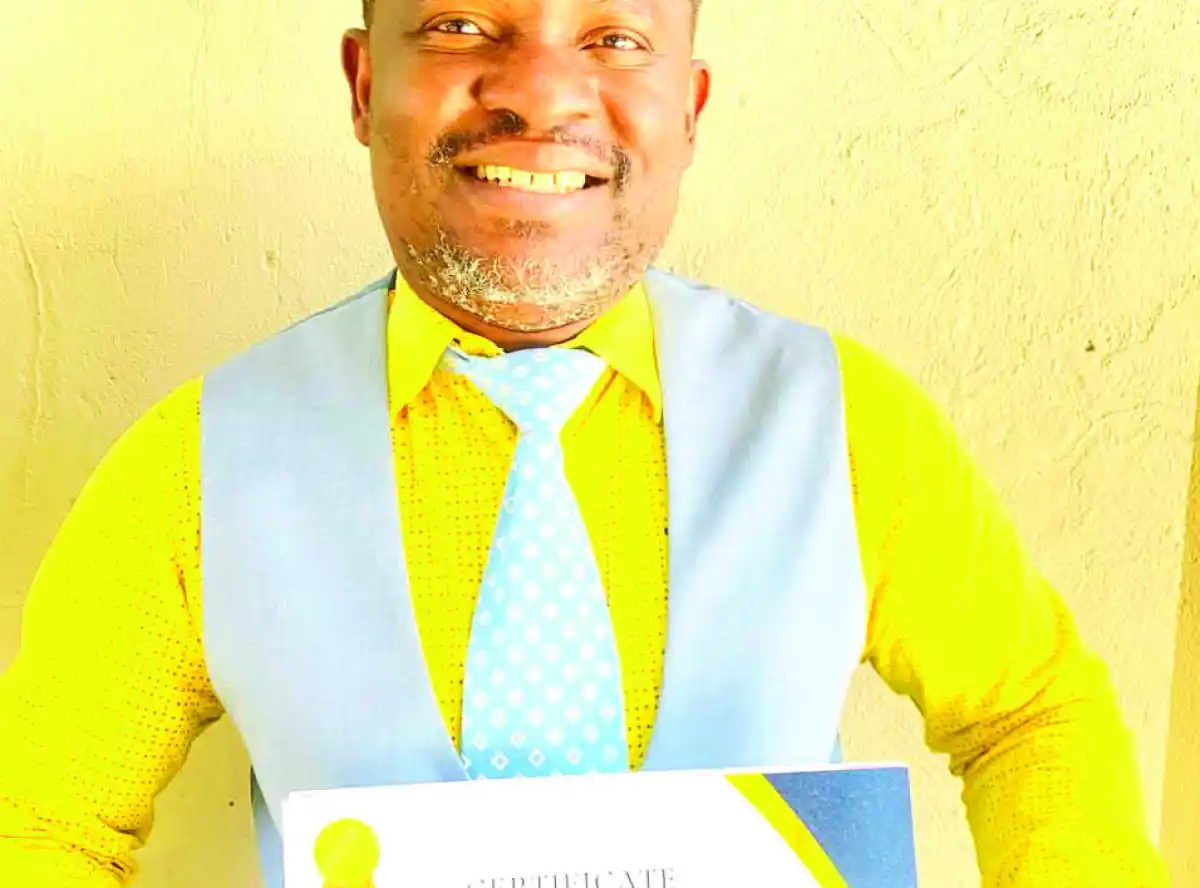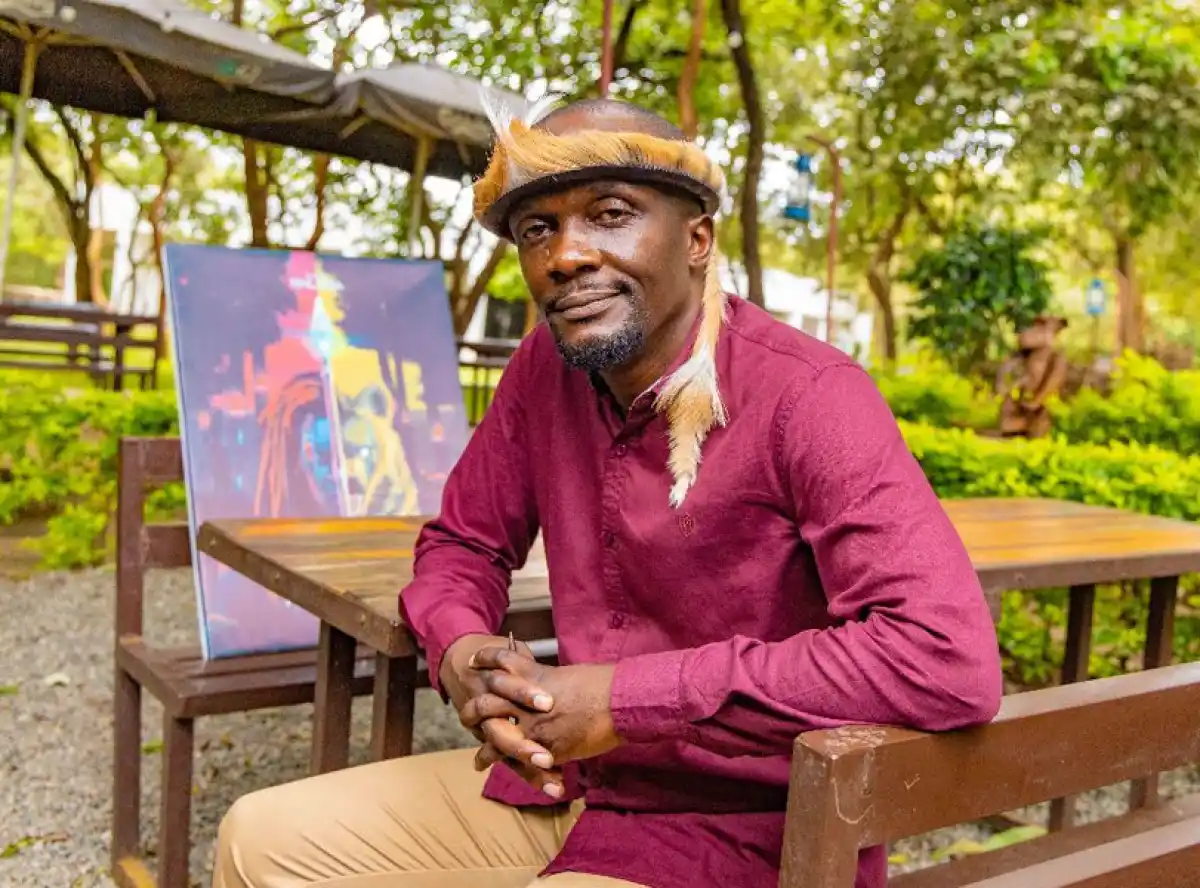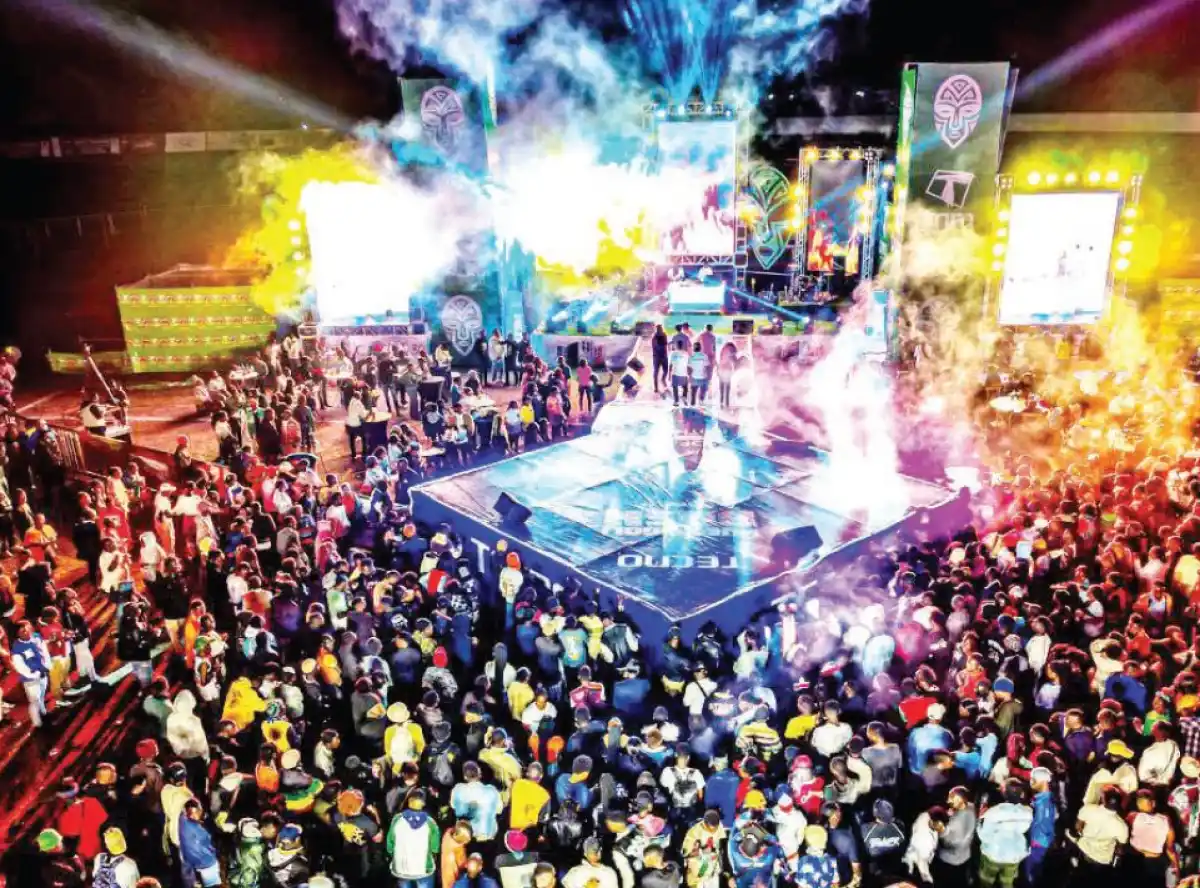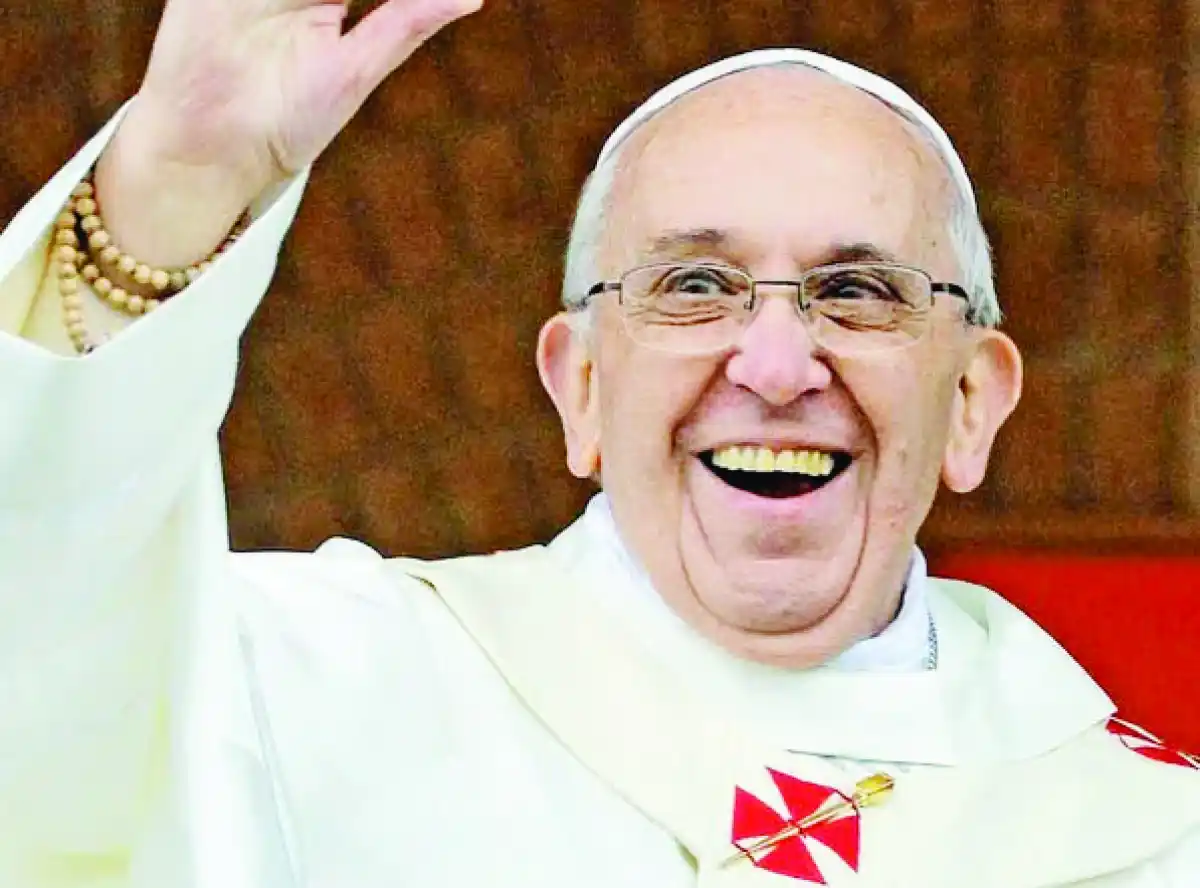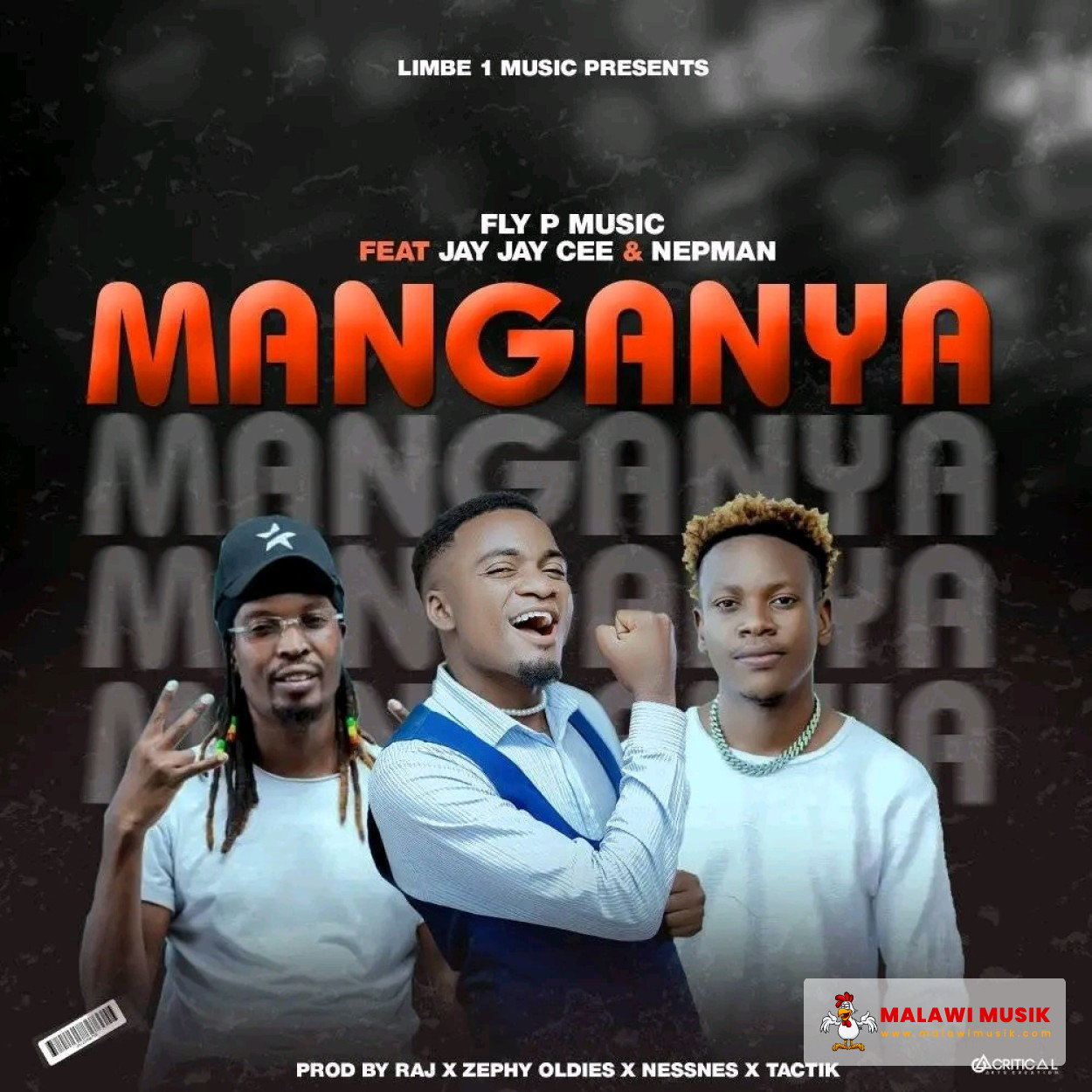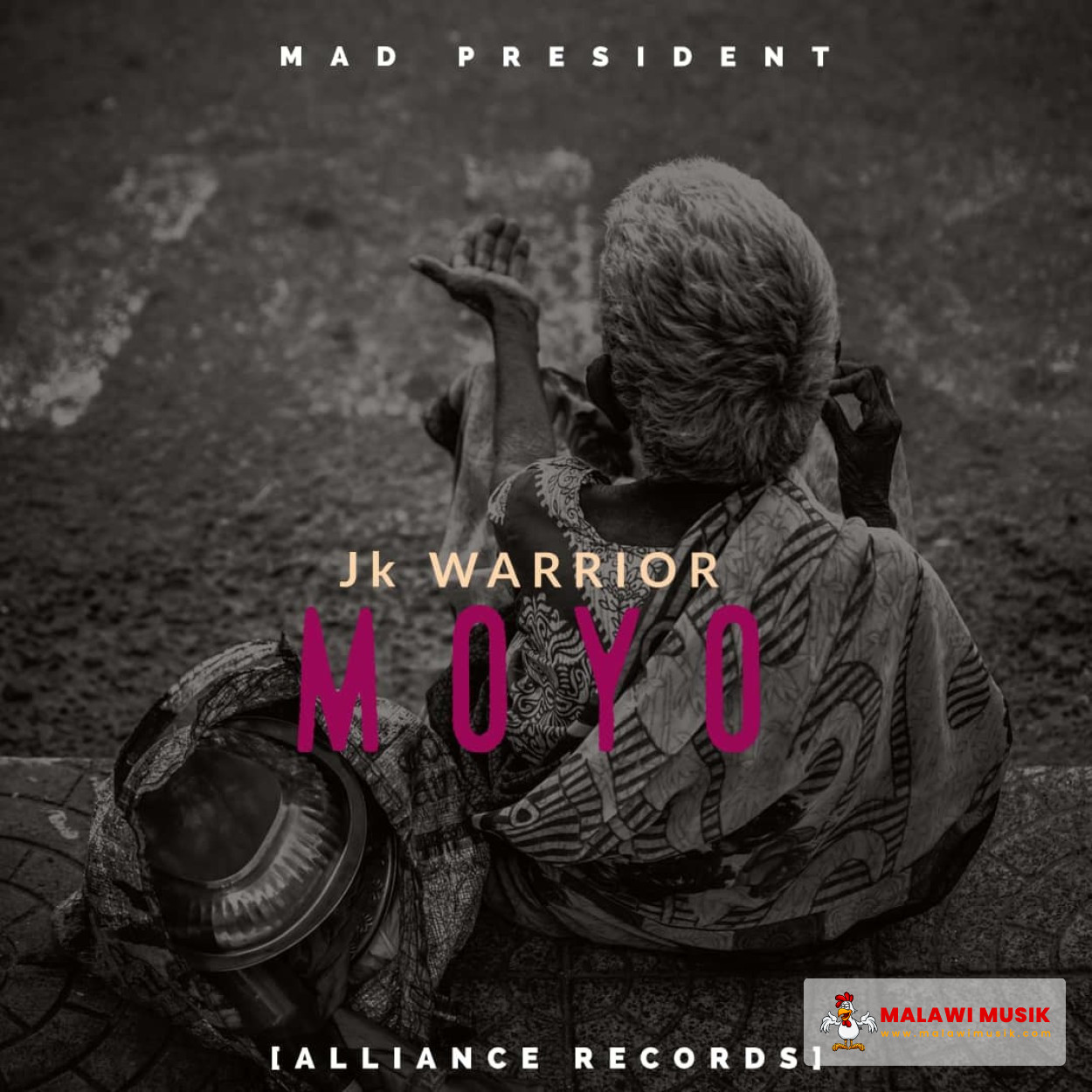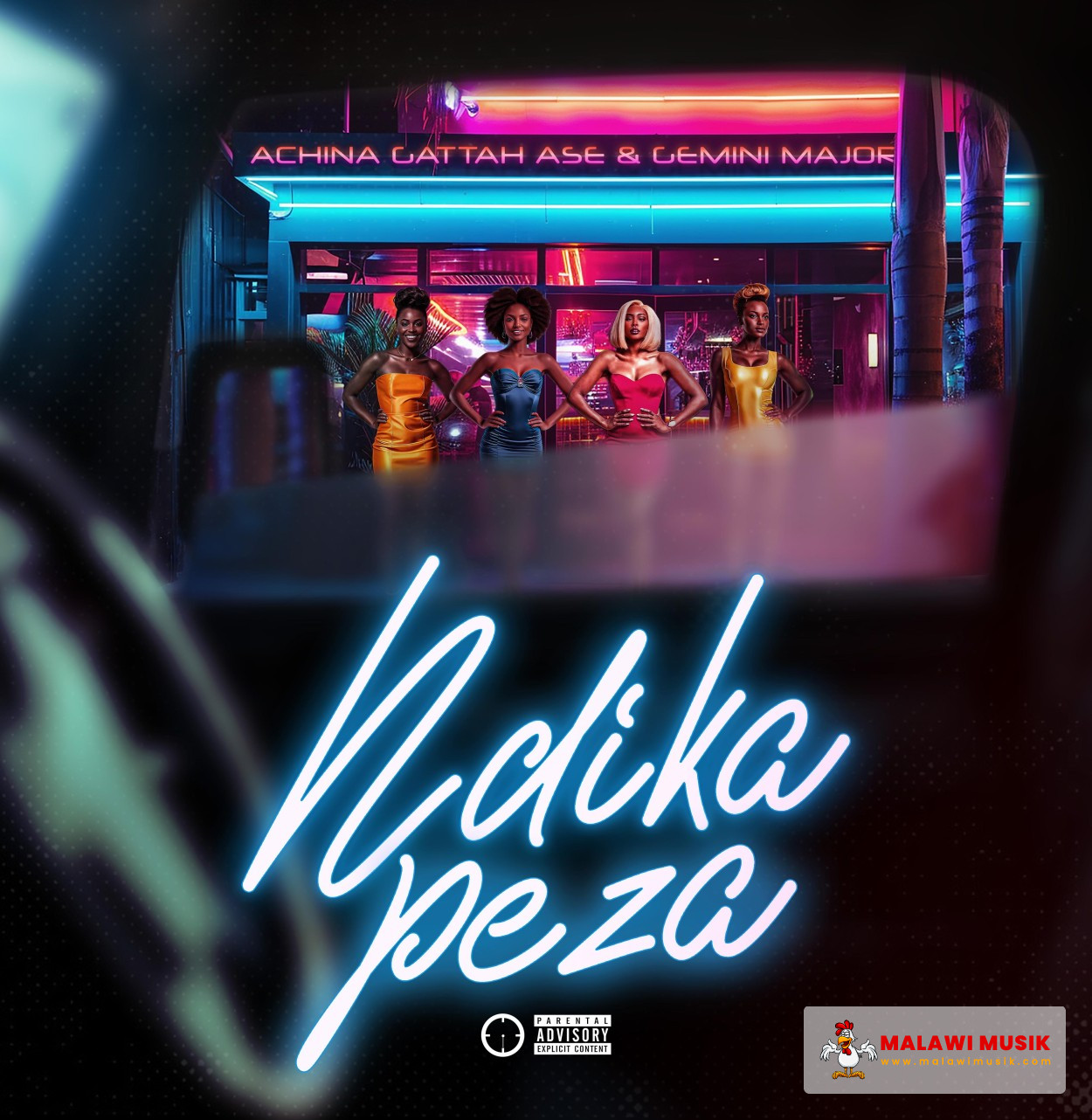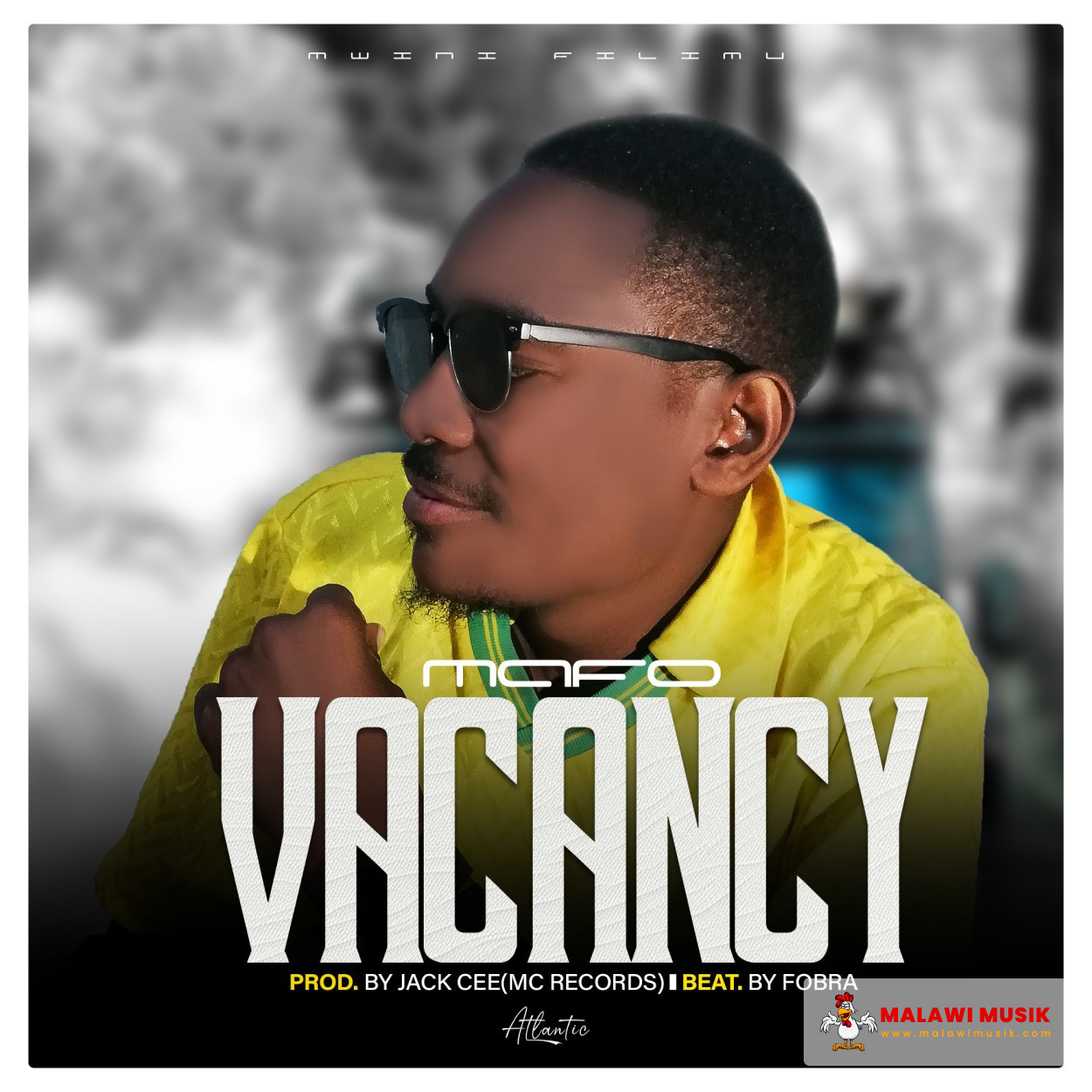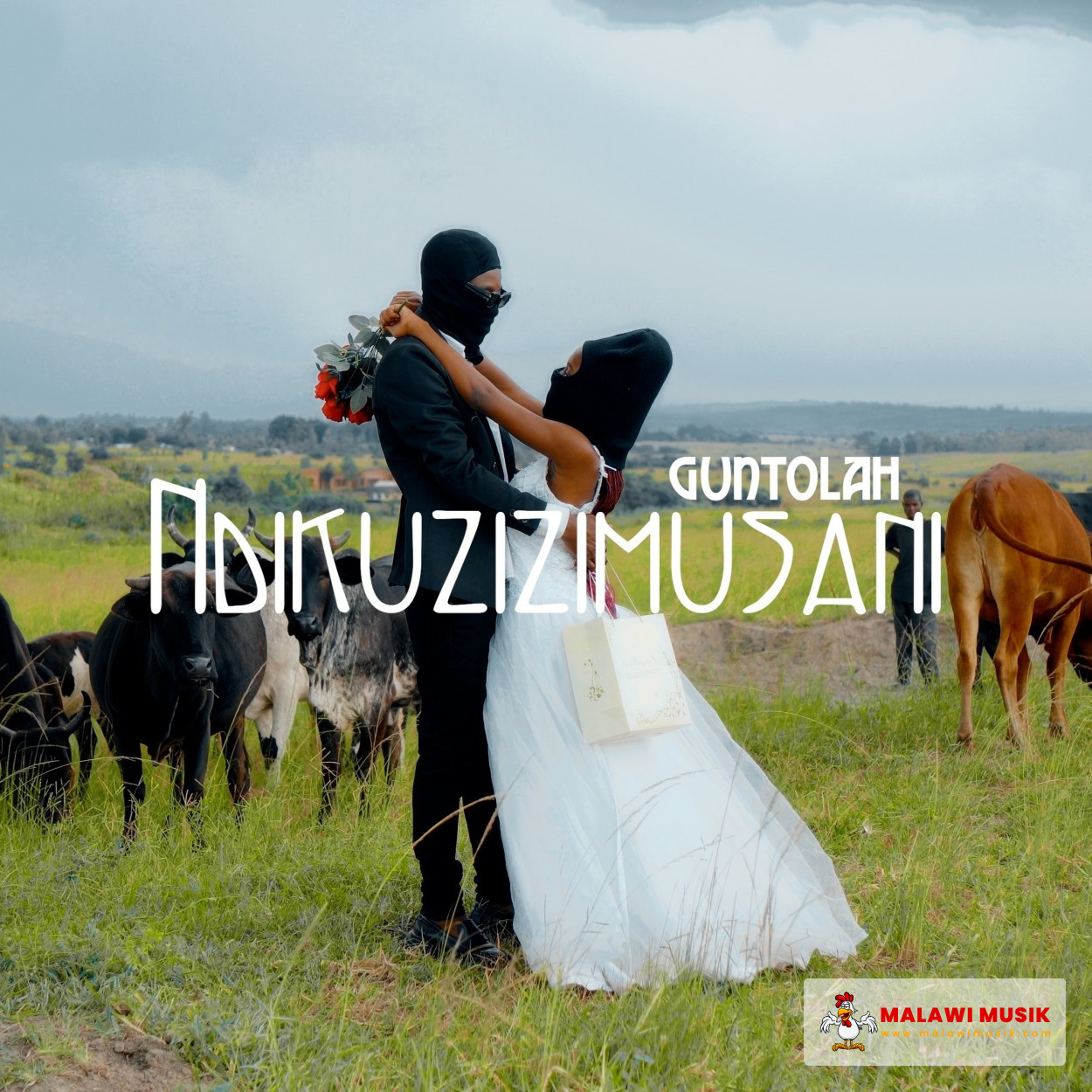Malawi Writers Union (Mawu) leader Chikumbutso Ndaferankhande on Sunday demonstrated his versatility in writing by winning the overall accolade at the Canon Collins Troubling Power Essay Competition.
The award was presented during the Canon Collins Trust Annual Scholars and Alumni event held at the Webber Wentzel Conference Centre in Sandton, South Africa.
Ndaferankhande’s essay, titled The Scribes of Freedom, outshone more than 60 entrants from 14 southern African countries, thereby raising Malawi’s flag.
The Troubling Power Essay Competition offers the winner R8, 000 and publication in the South African Mail & Guardian.
Winning essays are expected to exhibit thought leadership, showing a deep understanding of the subject and its recent developments.
Chief Judge of the contest, Cecilia Nedziwe, a senior lecturer in the Department of Political and International Relations at Rhodes University, said The Scribes of Freedom highlights the essential role of southern African literature in advancing social justice and political change.
“It argues that writers in the region have actively shaped their societies rather than merely documenting them.
“The essay begins by invoking Goethe’s idea that literature reflects a nation’s health and illustrates how southern African writers have resisted oppression,” Nedziwe said.
According to Nedziwe, the essay also emphasises the significance of Jack Mapanje’s poetry from Malawi, which became a potent symbol of resistance against the one-party regime.
It further discusses Steve Biko’s I Write What I Like and Nadine Gordimer’s Burger’s Daughter, in South Africa, showing how literature both critiqued apartheid and spurred resistance while drawing global attention.
The discussion also covers Zimbabwe, highlighting how writers like Chenjerai Hove addressed post-colonial challenges and identity issues.
The article explores the evolving landscape of southern African literature, including contemporary issues such as climate change and economic inequality, with references to writers like Zimbabwe’s NoViolet Bulawayo and Malawian authors Muthi Nhlema and Ekari Mvundula- Chirombo.
The essay concludes by stressing the need for institutional support in Malawi, advocating for the establishment of the National Arts and Heritage Council to enhance funding and infrastructure for the arts.
“Overall, the article effectively illustrates literature’s role as a catalyst for social change and a reflection of societal struggles in southern Africa,” Ndaferankhande said on Monday.
The Mawu leader expressed his delight upon receiving the award, saying it validates his writing skills both individually and for Malawi.
“I submitted my entry on the deadline day, so winning came as a surprise. And of course, R8, 000 is a welcome bonus in these challenging times,” he said.

